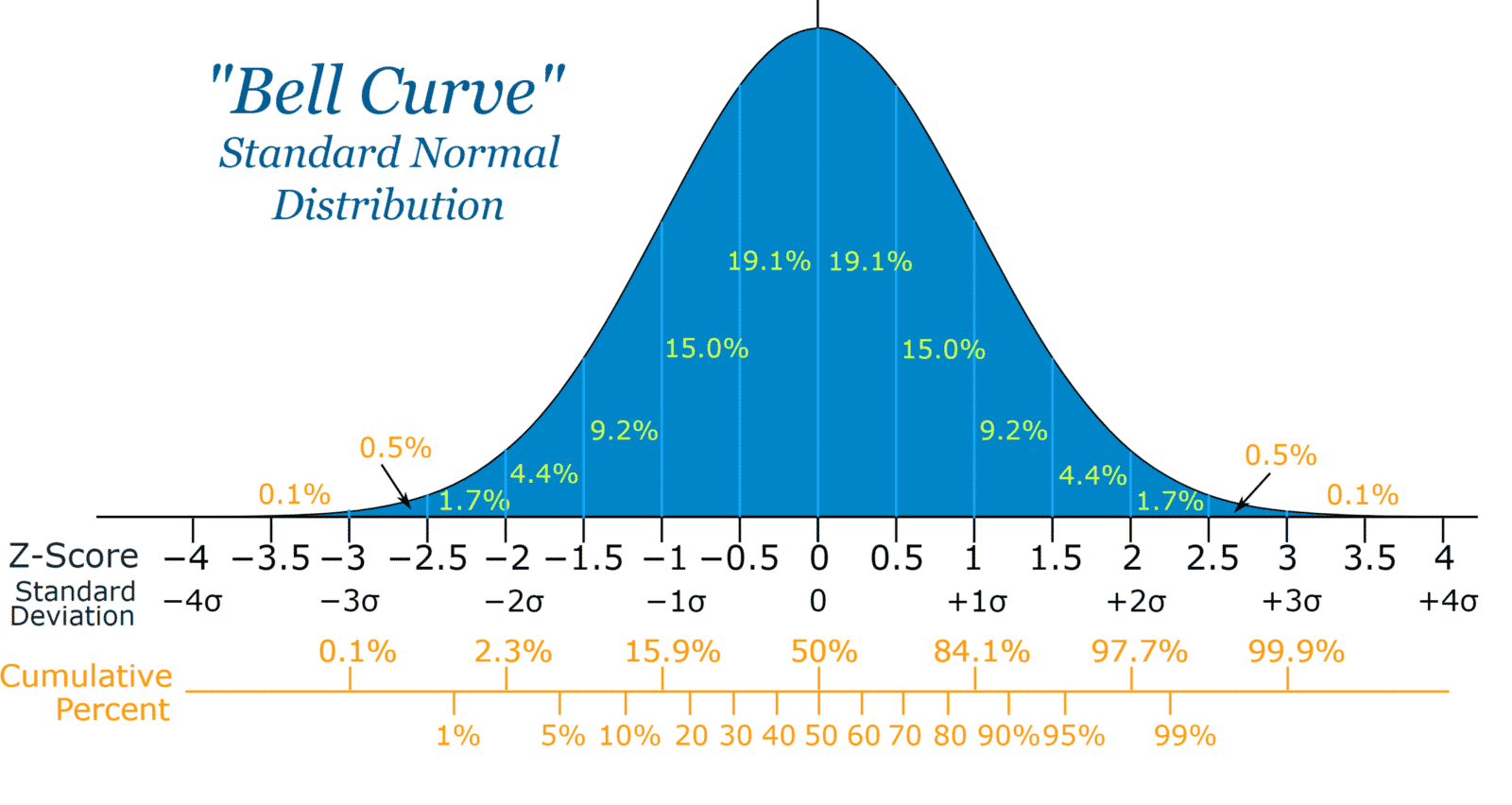I wake up at 4:30am. I do yoga for 20 minutes, and then workout for 20 minutes. I take a shot of espresso, drink a spinach smoothie, and take a cold shower for 4 minutes. I go to work…
Home by 10pm. I go over all my written notes from the day and jot down the 3 most important things I need to do tomorrow. Decompress with guided meditation, and then in bed and sleeping by midnight. Do it all over again.
I love my life.

No, this isn’t my daily routine. Not even close. I made this daily routine up, but it’s certainly not baseless. You might have seen a “typical day” like this before on LinkedIn, or a business journal, or an entrepreneur’s expose. I’m not that far off, right?! Man, that guy gets a lot done! He’s so focused. No wonder he’s conquering the world. Or maybe you’re more familiar with one of these posts…
F. Scott Moneybags wasn’t always famous.
He worked 2 jobs to get through college.
His first position was at The Little County Almanac, where he routinely wrote 100’s of articles per month, taking no days off.
His salary was $28K a year. He “shopped at thrift stores exclusively for 10+ years.”
Now, his latest non-fiction book just sold it’s 10 millionth copy.
F. Scott Moneybags was committed to writing.
He earned every penny.
The formula in this story is frequently repeated.
- Work your ass off.
- Fight through the low pay and meager conditions.
- Get your millions $$ and eternal fame.
But when I read these kinds of posts, I have an involuntary reaction that something is…off. These stories seem to be everywhere, normalized. Yet, they describe abnormal success. I feel like I work hard, I do things the right way…but should I feel bad that I wake up at 7am instead of 4:30am? Should I feel bad that I’m not taking cold showers, not studying my tantric poses, or not making my email habits more efficient with these seven secret hacks that Gmail doesn’t want you to know (!!!).
Now, before I continue with my discontent, there are some things in the stories I totally agree with:
- Hard work is better than laziness.
- Hard work is positively correlated with good outcomes.
- Routines are good to follow, and provide successful structure in life.
But the overarching themes of these stories simply don’t feel right:
- Are you not successful? Then you’re doing something wrong. Work harder!
- Are you worried about things like sleep and fun? Social Darwinsim is gonna teach you a hard lesson.
- Want to set a goal for yourself? Sell a few million books, for starters.
- Glory = 99.99th percentile success, nothing less
These stories involve a combination of unrealistic standards and self-deprecation. I know we have a nation of parents expecting their children to be above average, but math isn’t working that way. Half of all people are going to be worse than average. Half of you are going to be worse than average. Before you get mad it me…it’s just kinda a mathematical fact, right? Half are better than average, half are worse. The point is, being average (or slightly better, slightly worse) is a very normal situation to be in. And if you find yourself in one of these very normal situations, should you feel bad about it? Are there reasons for self-deprecation if you’re below the mean? Or right at the mean? Or better than only 80% of your peers? I’m reminded of Kurt Vonnegut’s wonderful passage about America’s poor, who “mock themselves and glorify their betters.”

But that’s not exciting, JC.
But that’s so normal.
Who wants to waste time each night just sleeping!
Yeah, I get it. Most of the bell-curve is not very glamorous. Only the tippy-top is truly exciting; the Elon Musks and Taylor Swifts and Lebron James and Kylie Jenners. But there’s something to be said of Icarus, the Greek mythological character whose father built wings to fly off Crete. But, warned the father, don’t fly too close to the sun. Spoiler alert: Icarus wanted to get close to the sun (the pinnacle, apex, top goal) and the wax melted and he fell to his death. I’m not saying that you should avoid improvement, or avoid goal-setting, etc. But I think small targets are significantly more useful than setting your sights on 1-in-a-million glorious success.

What are some of these small targets?
- Limit your iPhone/TV/screen time.
- Count all your calories for a week. Learn something about your eating habits.
- Read a book a month. Pick non-fiction on topics you want to learn about.
- Pull an extra/additional ~5% out of your current budget, and earmark those funds for savings/retirement.
- Pick up an instrument, write a blog (hey-o!), join a rec sports league.
My point is that success doesn’t always come with fame and fortune, and it rarely comes all at once. It’s often subtle, mundane, yet nonetheless satisfying. But by reading the kinds of “entrepreneur success stories” that I called out above, we are setting our bars of success higher and higher. I’m not sure that’s a good thing.
Need another example? I love this story from Mark Manson’s “The Subtle Art of Not Giving an F.” Hope you don’t mind my blatant thievery, Mark.
It’s the story of Dave Mustaine. Mustaine was the founder, lead singer, and lead guitarist of Megadeth (sick!). He’s a wildly popular and skilled rock-metal musician, with all the fame and fortune that comes with those talents. Mustaine’s sick genesis story is that he was kicked out of a band in the 80’s, and his desire for revenge fueled his rise to the top. Mega-vengeance! But if you ask Mustaine, he’s not happy with his success. He doesn’t feel like he’s accomplished his goals. Why? Because that band—the one that gave him the boot—was Metallica, widely considered to be the best and most popular metal band of all time.

Mustaine wanted to be better than Metallica. That’s was his definition of success. Sure, perhaps his internal fire to beat Metallica is the whole reason why he’s gotten this far. That could very well be true. But it’s also preventing him from fulling reaping what his hard work has sown. Does that make sense? Is that what you want?
What’s wrong with, “I want to be a Top 3 band in my genre in the world.”
What’s wrong with, “I want to build wings so I can fly to the grocery store.”
What’s wrong with working hard at your job, being productive on the side, relaxing a bit, and getting a solid night of sleep?
What’s wrong with average?
Hi JC, I was curious if you have any thoughts on the many investment apps that are out there:
Acorns
Robinhood
Stash
and many others
Do you have any experience with them? Should they be avoided? Pros/Cons?
Thank you,
Trey
Hi Trey. Thanks for your message. Good question, but I’m not that familiar with those apps. I do believe that Robin Hood advertises zero fees–that’s great. Acorn, I think, rounds off your expenses to the nearest dollar, and then invests that “change” on your behalf…a cool concept.
Personally, I have an account with Fidelity, and I invest in their low cost index funds. “Low cost” = close to zero expense ratio; “expense ratio” is what a brokerage (Fidelity, Vanguard, Ameritrade, etc) charges you for investing.
Thanks again,
JC
Thank you!
Thank you!
Hi JC, I was curious if you have any thoughts on the many investment apps that are out there:
Acorns
Robinhood
Stash
and many others
Do you have any experience with them? Should they be avoided? Pros/Cons?
Thank you,
Trey